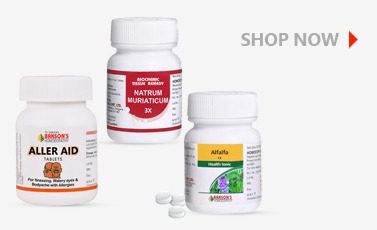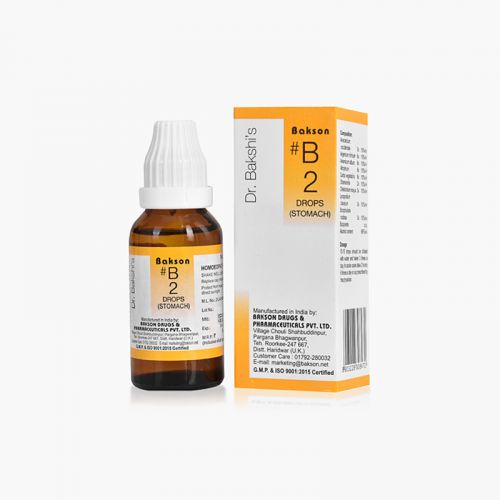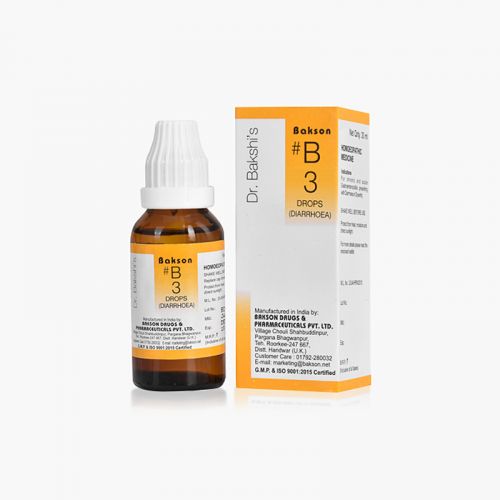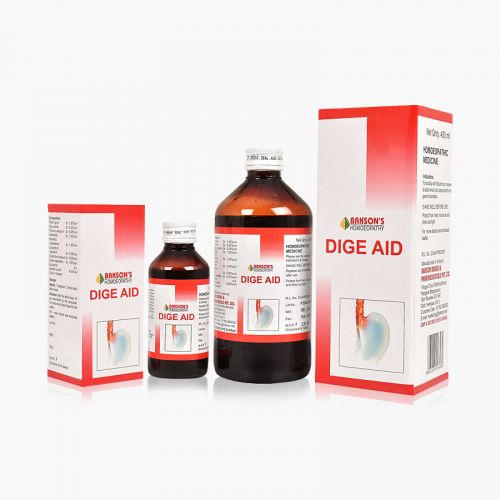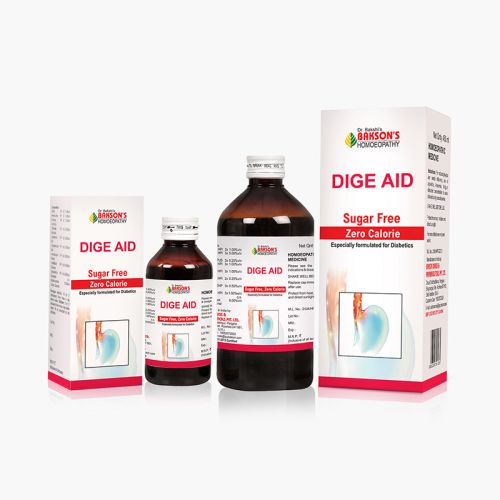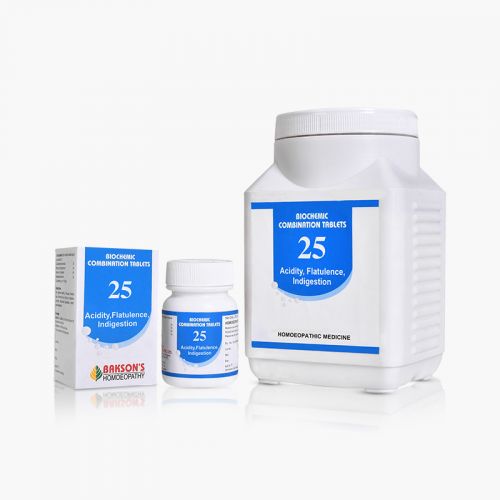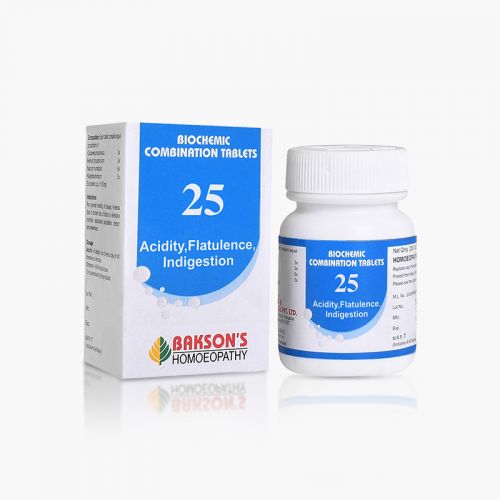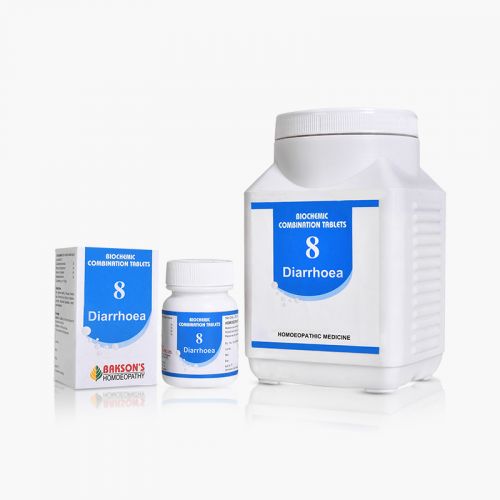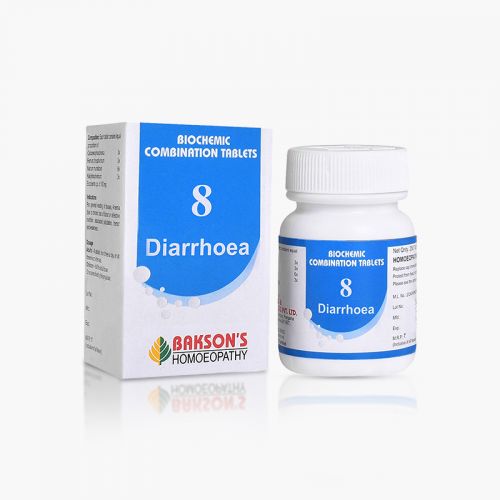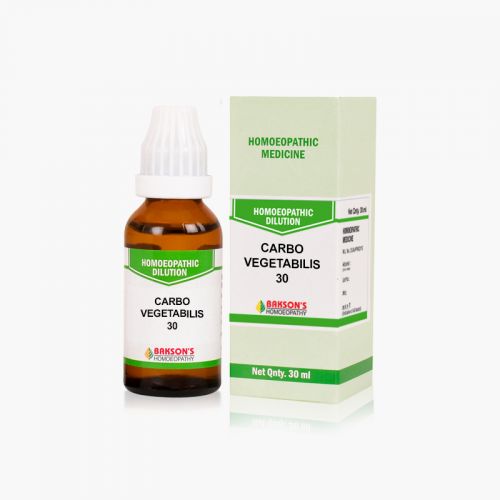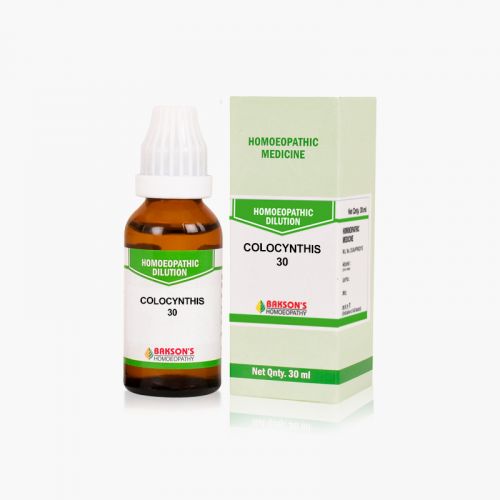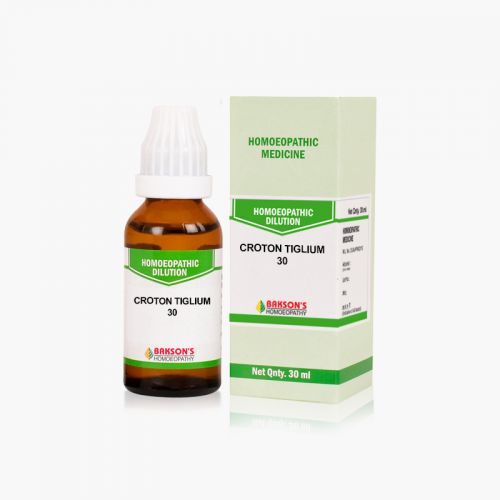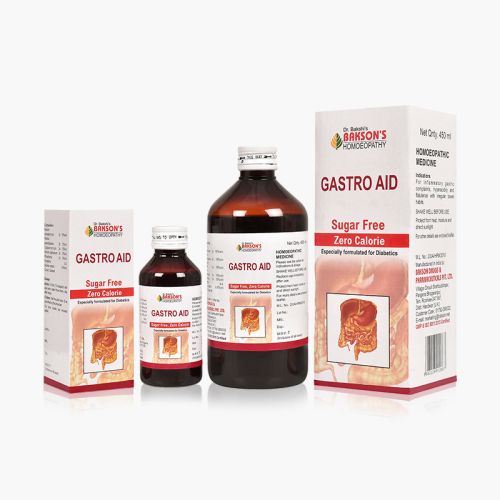We use cookies to make your experience better. To comply with the new e-Privacy directive, we need to ask for your consent to set the cookies. Learn more.
What is Gastroenteritis?
Gastroenteritis is inflammation of the lining of the stomach and small and large intestines characterized by anorexia, nausea, vomiting, diarrhoea, and abdominal discomfort. Most cases are infectious, but it may also occur after ingestion of drugs and chemical toxins (eg, metals, plant substances).
Gastritis is an inflammation of the protective lining of the stomach only. It is usually caused by certain bacteria or the regular use of anti-inflammatory painkillers. There are two kinds of gastritis: acute and chronic. Acute gastritis involves sudden, severe inflammation and is accompanied by very noticeable stomach and bowel problems that usually go away again on their own after a few days. Chronic gastritis involves long-term inflammation that can last for years if itעs left untreated. It can even go unnoticed. Sometimes it's not discovered until stomach ulcers have developed.
Causes
Infectious gastroenteritis may be caused by viruses, bacteria, or parasites.
- Viral gastroenteritis - Norovirus and Rotavirus cause the majority of viral gastroenteritis, followed by astrovirus and enteric adenovirus.
- Bacterial gastroenteritis - Salmonella, Campylobacter, Shigella, Escherichia coli, and Clostridium difficile.
- Parasitic gastroenteritis - Giardia and Cryptosporidium.
The most common causes of gastritis include :
- Infection with Helicobacter pylori
- Non-steroidal anti-inflammatory drugs (NSAIDs) use.
- Smoking
- Long-term stress
- Certain kinds of foods (like fatty, sugary or spicy dishes)
- Alcohol abuse
- Bile reflux.
Signs and Symptoms
Onset is sudden, with anorexia, nausea, vomiting, abdominal cramps, and diarrhea (with or without blood and mucus). Malaise, myalgias, and prostration may be present. The abdomen may be distended and mildly tender; in severe cases, muscle guarding may be present. Hyperactive bowel sounds are present on auscultation even without diarrhea. Persistent vomiting and diarrhea can result in intravascular fluid depletion with hypotension and tachycardia.
Diagnosis
Cases are typically classified into:
- Acute watery diarrhoea - mostly viral and testing is not indicated unless the diarrhea persists.
- Subacute and chronic watery diarrhoea require testing for parasitic causes with microscopic stool examination for ova and parasites.
- Acute inflammatory diarrhoea without gross blood is diagnosed by the presence of WBCs on stool examination. Patients should have stool culture for typical enteric pathogens.
- Acute inflammatory diarrhoea with gross blood are tested for E. coli. Specific cultures are also advised.
Management
- Proper procedures for handling and preparing food must be followed.
- Travelers should avoid potentially contaminated food and drink.
- People should not swim if they have diarrhea.
- Swimmers should avoid swallowing water when they swim.
- Infants and other immunocompromised people should not be exposed to reptiles, birds, or amphibians, which commonly carry Salmonella.
- Caregivers should wash their hands thoroughly with soap and water after changing diapers.
- Children with diarrhea should be excluded from child care facilities for the duration of symptoms.
- Factors that worsen gastritis should be avoided such as certain foods, stress, alcohol or nicotine. Drink plenty of fluids and eat small meals.
Warning: Above information provided is an overview of the disease, we strongly recommend a doctor's consultation to prevent further advancement of disease and/or development of complications.
Disclaimer: The information provided herein on request, is not to be taken as a replacement for medical advice or diagnosis or treatment of any medical condition. DO NOT SELF MEDICATE. PLEASE CONSULT YOUR PHYSICIAN FOR PROPER DIAGNOSIS AND PRESCRIPTION.
- BAKSON #B 2 DROPSSpecial Price ₹ 160.00 Regular Price ₹ 200.00
- BAKSON #B 3 DROPSSpecial Price ₹ 160.00 Regular Price ₹ 200.00
-
- BAKSON DIGE AID SYRUP (SUGAR FREE)As low as ₹ 96.00
-
- BCT # 25 (ACIDITY, FLATULENCE INDIGESTION)-250TABSpecial Price ₹ 84.00 Regular Price ₹ 105.00
-
- BCT # 8 (DIARRHOEA)-250TABSpecial Price ₹ 84.00 Regular Price ₹ 105.00
- CARBO VEGETABILIS 30₹ 100.00
- COLOCYNTHIS 30₹ 100.00
- CROTON TIGLIUM 30₹ 100.00
-

